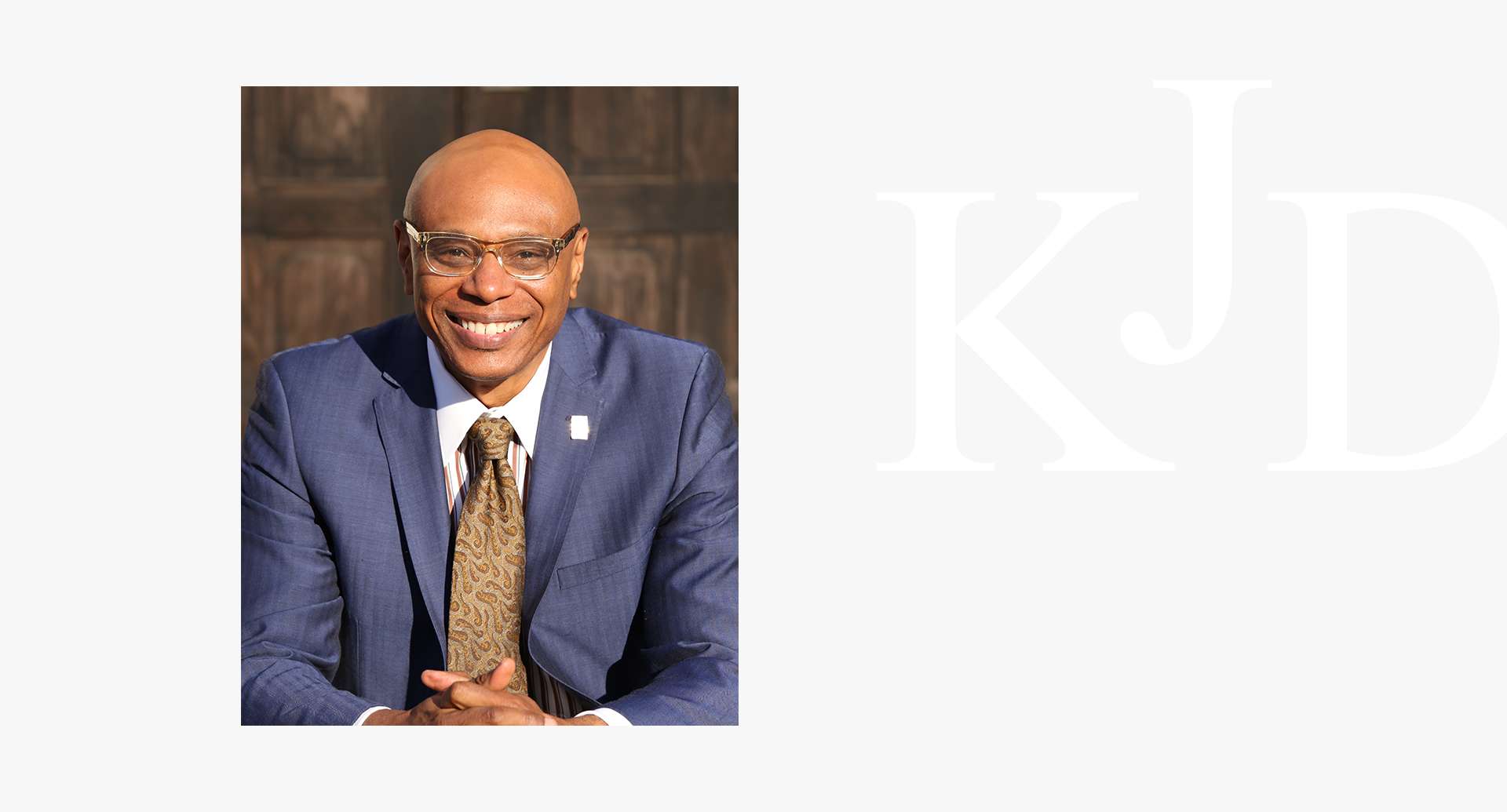In the wake of the financial crisis over the past couple years, American consumers appear, at least for now, to have learned some lessons. Revolving debt, like credit cards, declined by over $10 billion last month. Non-revolving debt, like car loans, declined by a little over $2 billion.
There is both a good and bad explanation for the decreases. On the good side, the debt levels are falling because people are paying back more money than they borrowed. On the bad side, debt levels have also been falling because lenders wrote off the debt as uncollectable, but these so-called “charge-offs” themselves have been declining of late. Overall, Americans are saving more and borrowing less. A Washington DC bankruptcy lawyer can provide the guidance you need to optimally manage your consumer debt and secure your financial future.
Some Tips for Managing Consumer Debt
Consumer debt includes credit cards and payday loans and typically involves higher interest rates than secured loans such as mortgages for which the lender can seize the property if the borrower fails to pay. With consumer debts, there is usually no property that the lender can seize. To accommodate this higher risk for the lender, the lender charges higher interest rates.
While some consumer debt instruments such as the use of a credit card are necessary to build a strong credit score, consumers should try to avoid others at all costs. The following are tips that consumer should follow with this type of debt:
- Avoid payday loans as best as you can. With fees and interest rates at 25-40%, these loans involve paying the company a lot of additional money. If a true emergency occurs, these loans may be a necessity, but regular use of payday loans indicates a deeper, underlying problem and not a true emergency.
- Use credit cards responsibly. Having credit cards is a necessity for building a strong credit score, but consumers must use them responsibly to attain a high score. Avoid credit cards with annual fees. Do not charge more than you can pay off immediately, which means: do not carry a balance on the card. Credit card interest rates rival those of payday loans. Also, keep meticulous track of due dates.
- Consult a financial expert or attorney as soon as you suspect you are having financial troubles. Fees and interest rates can quickly spiral out of control. Dealing with your creditors and problems as soon as possible is always the best option. Do not hesitate to take this step.
If you are facing consumer debt-related problems, contact an experienced Maryland bankruptcy attorney at the law firm of Kevin D. Judd who can help you overcome these problems and get you back on the right financial track.


